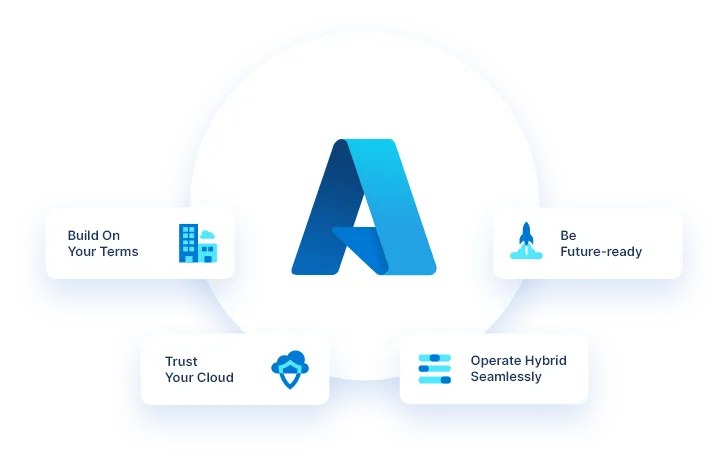Microsoft Azure is a cloud computing platform and set of services offered by Microsoft for building, deploying, and managing applications and services through Microsoft-managed data centers. It provides a wide range of services, including computing power, storage solutions, networking capabilities, databases, AI and machine learning tools, IoT services, and more.
While all major cloud providers offer similar services, each has its own strengths and differences. Azure is often praised for its integration with Microsoft products, such as Windows Server and Active Directory, making it a preferred choice for businesses already heavily invested in the Microsoft ecosystem. Additionally, Azure offers a comprehensive set of enterprise-grade services and tools for hybrid cloud scenarios, allowing businesses to seamlessly integrate their on-premises infrastructure with the cloud. However, the best choice among Azure, AWS, and Google Cloud depends on specific requirements, including workload type, scalability needs, geographic reach, and pricing.
Some key benefits of using Azure include:
Scalability: Azure allows you to quickly scale up or down based on demand, ensuring optimal performance and cost efficiency.
Flexibility: Azure offers a wide range of services and tools, supporting various programming languages, frameworks, and operating systems.
Security: Azure provides robust security features and compliance certifications, helping to protect your data and applications.
Global Reach: Azure operates in data centers located in regions around the world, allowing you to deploy applications closer to your users for improved performance and compliance with data sovereignty regulations.
Integration: Azure integrates seamlessly with other Microsoft services and tools, as well as popular third-party software and platforms, enabling greater productivity and efficiency in application development and management.










